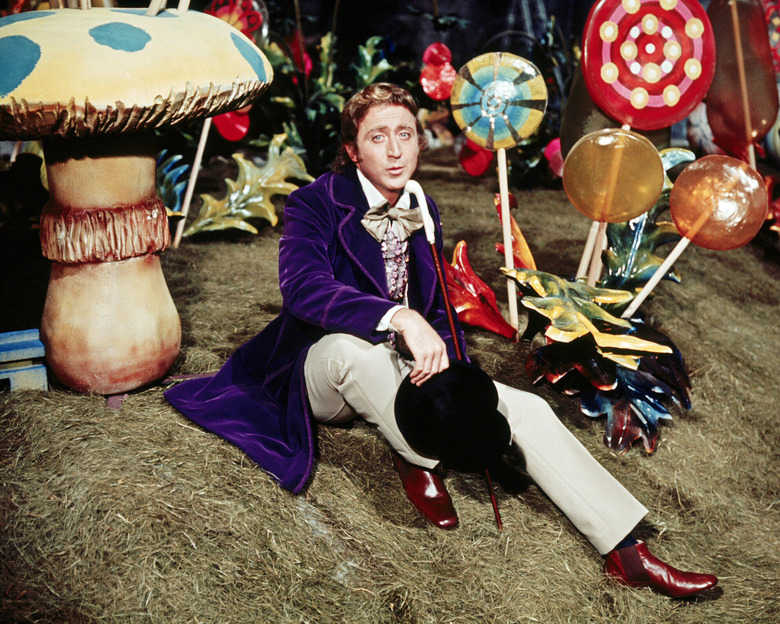The Roald Dahl Censorship News Is A Reminder Your eBooks Aren't Safe From The Sensitivity Police
We may receive a commission on purchases made from links.
One of the many great things about living in a free society is that no one can tell you what to think. Viewpoints generally can't be forced upon you, and you aren't compelled to engage with content or speech you disagree with. That's why it's so baffling to me to watch the Roald Dahl censorship controversy continue to unfold, wherein presumably rational individuals have decided that simply ignoring art that a minority of activist voices might find unpalatable is no longer a sufficient response.
Here's what's at the heart of the censorship controversy, involving sensitivity readers having now come for a new pile of childhood classics in both their print and eBook editions: You, as a consumer of culture, are always encouraged to think for yourself — except when there's a possibility you might be offended. In that case, someone else (the publisher) will do your thinking for you.
It's certainly within the rights and purview of a publisher like Dahl's, Puffin, to posthumously airbrush and sanitize whatever book it wants to – the company is, after all, a private enterprise and all. Where this all gets even more disgusting, though, is in the tech-related twist that this whole censorship mania has taken.
Roald Dahl eBooks automatically updated: Report
Updating newly printed editions of the Roald Dahl books, and removing "problematic" phrases and terms like "fat" or "ugly" is one thing. But automatically updating the eBook versions of these books that people might have purchased in expectation of getting the classic, original edition of Dahl's tomes?
George Orwell had no idea how right he was.
This is as good a time as any, by the way, to offer a reminder that tends to keep escaping people — it's that buying an eBook from a digital retailer like Amazon does not mean you are buying a book that you now own entirely yourself. You are buying, instead, the privilege of licensing a digital version of that book — it is in no way similar to that stack of novels on the nightstand by your bed.
Moreover, buying a license to enjoy those eBooks also includes a double-edged sword.
If you're like me and read tons of nonfiction, a lot of times there will have been additional news worth including after a book has been published. In those cases, the publisher can push out an update to my eBook — an update that includes, for example, additional reporting. The flip side, though, is when a publisher chooses to go woke and decides that you're coming along for the ride, like it or not.
Censoring language in classic books so readers don't get their feelings hurt
In the new version of Dahl's Charlie and the Chocolate Factory, for example, Augustus Gloop will no longer be described as 'fat.' In another of Dahl's books, The Witches, it's reportedly changed a line like "Even if she is working as a cashier in a supermarket or typing letters for a businessman" into "Even if she is working as a top scientist or running a business."
The Times of London is among the outlets reporting that owners of the Roald Dahl eBooks are having changes like these forced on them, while Puffin has said it will continue selling the unaltered and the sanitized versions of the books separately. Dahl, of course, died in 1990 and has no say in any of this.
Comedian Ricky Gervais is right. The only thing this movie is doing, as he tweeted in recent days, is attempting to "spare those who are fragile and easily offended."
Art is not supposed to appeal to everyone or make everyone feel good. Change it so that it does appeal to everyone's taste, and at that point it's not art anymore. It's just candy.
